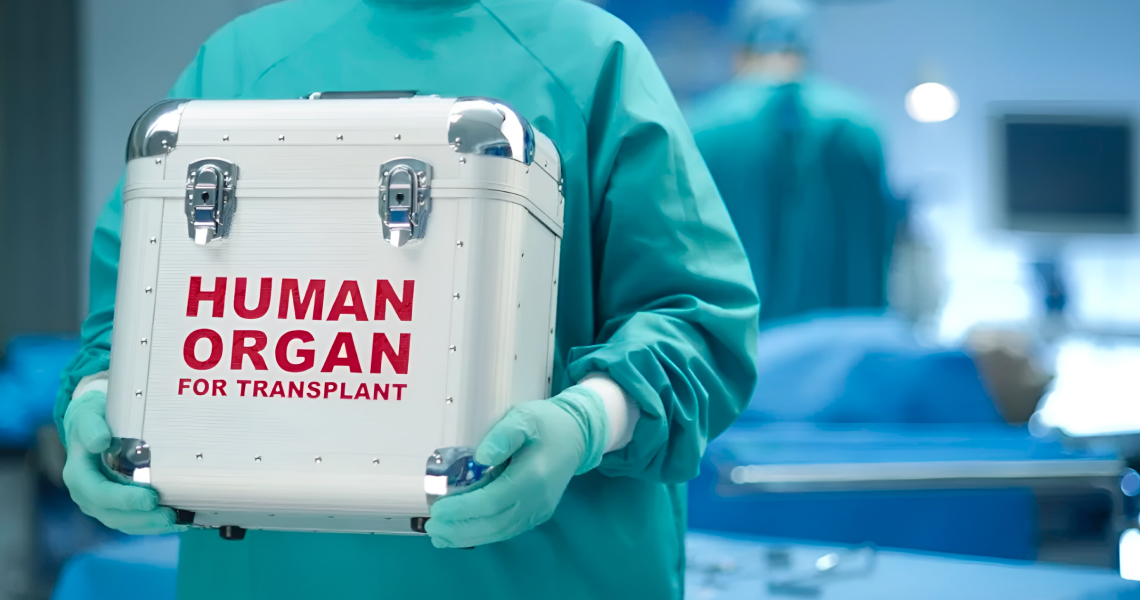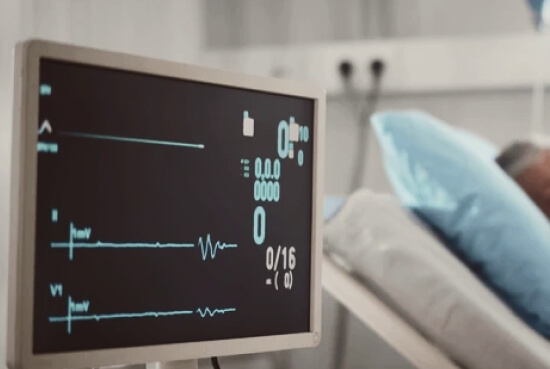
In March 2001, Ukraine performed its first successful heart transplantation operation. Today, Ukrainian doctors continue to perform transplantations in medical institutions across Ukraine.
However, this topic often generates a lot of discussions and controversies. Below, we have debunked the most common myths about heart transplantation to dispel any doubts regarding the success of such an operation.
The buying and selling of organs are prohibited by the law of Ukraine “On the Application of Transplantation of Anatomical Materials to a Person” No. 2427-VIII, dated May 17, 2018.
Illegal trade in human anatomical materials is punishable by imprisonment for up to five years.
The ischemic time of the donor heart is up to 4 hours. This is the time from the removal of the donor organ to the start of the heart’s function in the recipient’s body. The selection of a donor-recipient pair is carried out after complex examinations and only based on specially equipped transplantation centers. After all, not every heart will suit a person who needs a transplant. Blood group, Rh factor must match, and certain diseases must be absent.

The law of Ukraine “On the Application of Transplantation of Anatomical Materials to a Person” No. 2427-VIII, dated May 17, 2018, prohibits the removal of organs from deceased persons who died as a result of anti-terrorist operations and other combat actions.

All world religions support posthumous transplantation if a person has voluntarily and consciously decided and officially certified that they are ready to posthumously donate their organs to those in need of a transplant.

The removal of anatomical materials from a donor is allowed only after the signing of a certificate of brain death or the recording in the medical documentation of the deceased person’s about his/her biological death.
This is a complex process managed by a specially appointed council of experienced doctors. Institutions where human organ removal will take place must be equipped with special equipment for 100% diagnosis of brain death.

Despite the full-scale war in Ukraine and the inability to use medical aviation, the transplantation system continues to actively develop. The number of medical institutions where organ transplantation surgery can be performed is increasing. As of 2023, there are already 44 specially equipped hospitals in Ukraine.
In addition, Ukraine has its own courses for transplantology training and also recognizes documents obtained as a result of such training abroad.
The procedure for organ transplantation is governed by the law of Ukraine No. 418-IX, dated December 20, 2019, “On Amendments to Some Legislative Acts of Ukraine Concerning Health Protection and Transplantation of Organs and Other Anatomical Materials to a Person.”

According to global statistics, people with transplanted hearts can live for decades. After transplantation, recipients gradually return to their everyday lives: they study, work, engage in sports, start families, and have children.
However, some things change — from now on, for the rest of their lives, they must regularly take immunosuppressive therapy, which prevents the rejection of the transplanted organ, and also undergo timely medical examinations.
Having received a precious chance at life thanks to heart transplantation, a person will never complain about adhering to certain rules that will support their new heart and overall health.